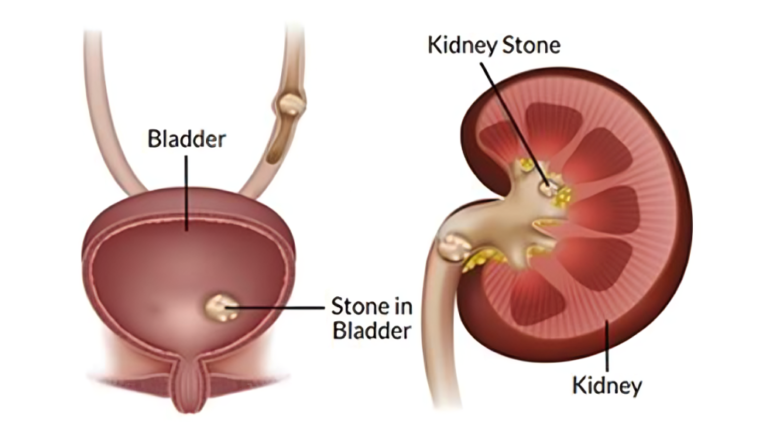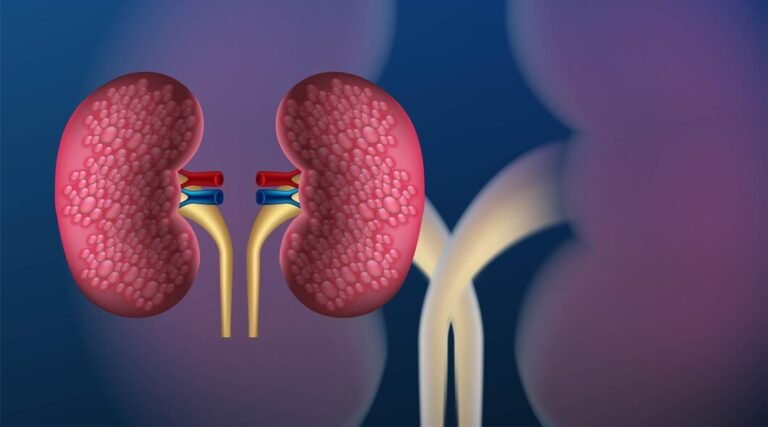The Silent Struggle: Erectile Dysfunction In Younger Men
Erectile dysfunction (ED), often perceived as a concern of older men, has stealthily infiltrated the lives of younger generations. Long dismissed as a problem confined to the aging demographic, the reality is that an increasing number of men under the age of 40 are grappling with this intimate challenge. While the stigma surrounding ED persists, shedding light on this silent struggle is essential for understanding its causes, impact, and potential solutions among younger men.
Traditionally viewed as a consequence of aging or underlying health conditions, erectile dysfunction in younger men has raised eyebrows and questions. Why are men in the prime of their lives experiencing difficulties with arousal and maintaining erections? The answers are as complex as the issue itself, often intertwining physical, psychological, and lifestyle factors.
To Know More About It Please Click Here
Physical Factors
Contrary to popular belief, age is not always the primary factor in the onset of erectile dysfunction. Younger men may experience ED due to underlying medical conditions such as diabetes, hypertension, or hormonal imbalances. Additionally, lifestyle choices such as smoking, excessive alcohol consumption, substance abuse, and obesity can contribute to vascular issues and nerve damage, impacting erectile function.
Psychological Factors
The mind-body connection plays a significant role in sexual health, and psychological factors can significantly contribute to erectile dysfunction in younger men. Performance anxiety, stress, depression, relationship problems, and body image issues are just a few examples of mental health challenges that can manifest in the bedroom. The pressure to meet societal expectations of masculinity and sexual prowess can exacerbate these concerns, creating a vicious cycle of anxiety and ED.
Lifestyle Influences
Modern lifestyles characterized by sedentary habits, poor dietary choices, and chronic stress can take a toll on overall health, including sexual function. Lack of exercise, inadequate sleep, and unhealthy eating habits contribute to obesity, cardiovascular problems, and hormonal imbalances, all of which can contribute to erectile dysfunction. Additionally, excessive pornography consumption and over-reliance on certain medications or recreational drugs may also impact sexual performance in younger men.
The Impact of Erectile Dysfunction
The ramifications of ED extend far beyond the physical realm, permeating into emotional and relational spheres. Feelings of inadequacy, shame, and embarrassment often accompany the inability to perform sexually, leading to diminished self-esteem and confidence. Intimate relationships may suffer as communication breaks down, and partners grapple with feelings of frustration and rejection. Left unaddressed, the psychological toll of erectile dysfunction can exacerbate existing mental health issues and strain interpersonal connections.
Breaking the Silence
The reluctance to discuss erectile dysfunction among younger men perpetuates the stigma surrounding this common yet misunderstood condition. Open and honest conversations are crucial in dispelling myths and encouraging individuals to seek help without fear of judgment or shame. Healthcare professionals play a vital role in providing education, support, and personalized treatment options tailored to the unique needs of younger men experiencing ED.
Seeking Solutions
Addressing erectile dysfunction in younger men requires a multifaceted approach that considers both physical and psychological factors. Lifestyle modifications such as regular exercise, balanced nutrition, stress management techniques, and limiting alcohol and substance use can improve overall health and enhance erectile function. Additionally, therapy, counseling, and couples counseling can help address underlying psychological issues and improve communication within relationships. For cases with underlying medical conditions, medical interventions such as medications, hormone therapy, or surgical options may be necessary.
Conclusion
Erectile dysfunction in younger men is not merely an isolated issue but a complex interplay of physical, psychological, and lifestyle factors. By acknowledging and addressing this silent struggle, individuals can break free from the constraints of stigma and shame, seeking the support and solutions needed to reclaim their sexual health and overall well-being. Through education, openness, and proactive healthcare, younger men can navigate the challenges of ED with confidence and resilience, reclaiming control of their intimate lives and relationships.
Also, Follow us on Instagram







